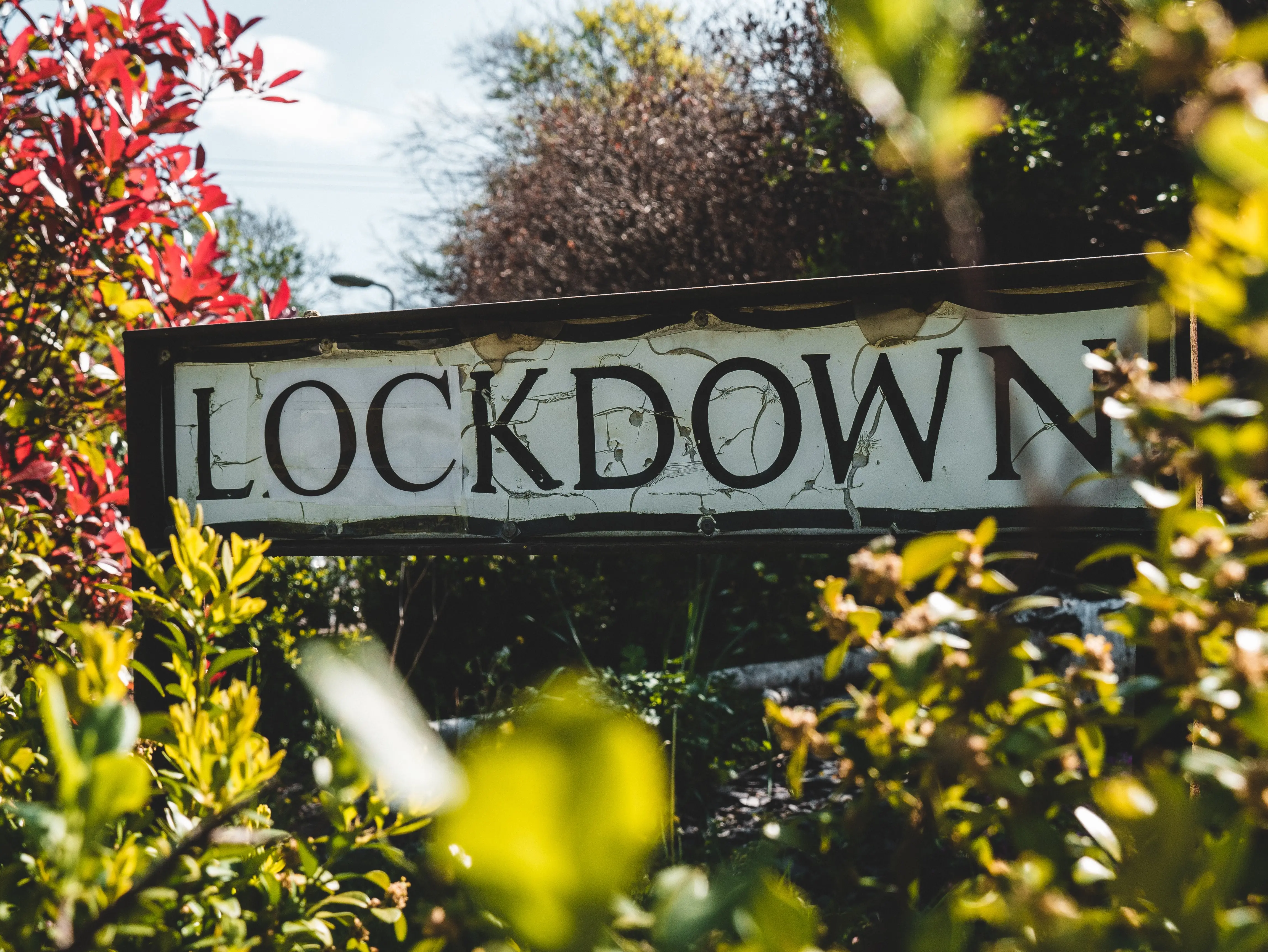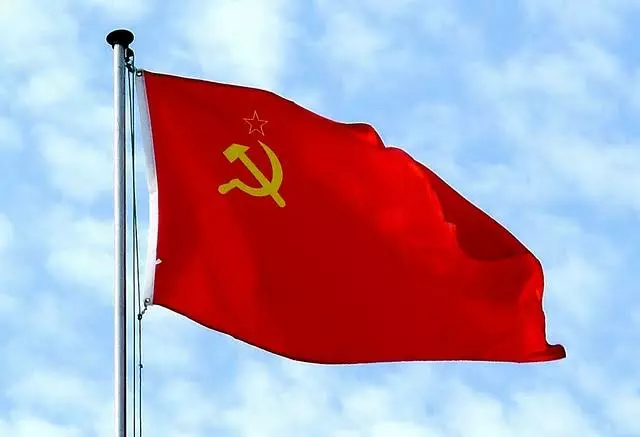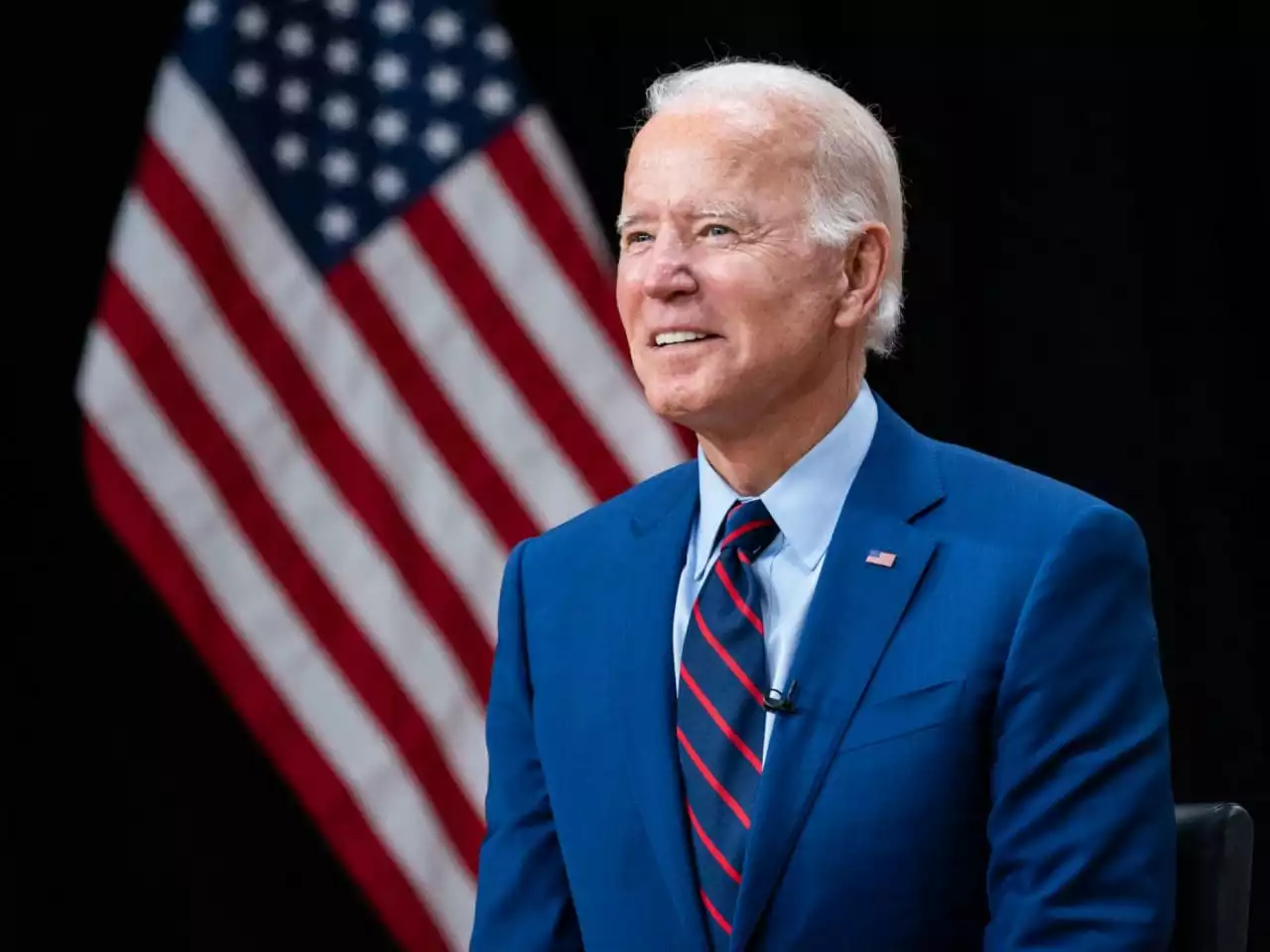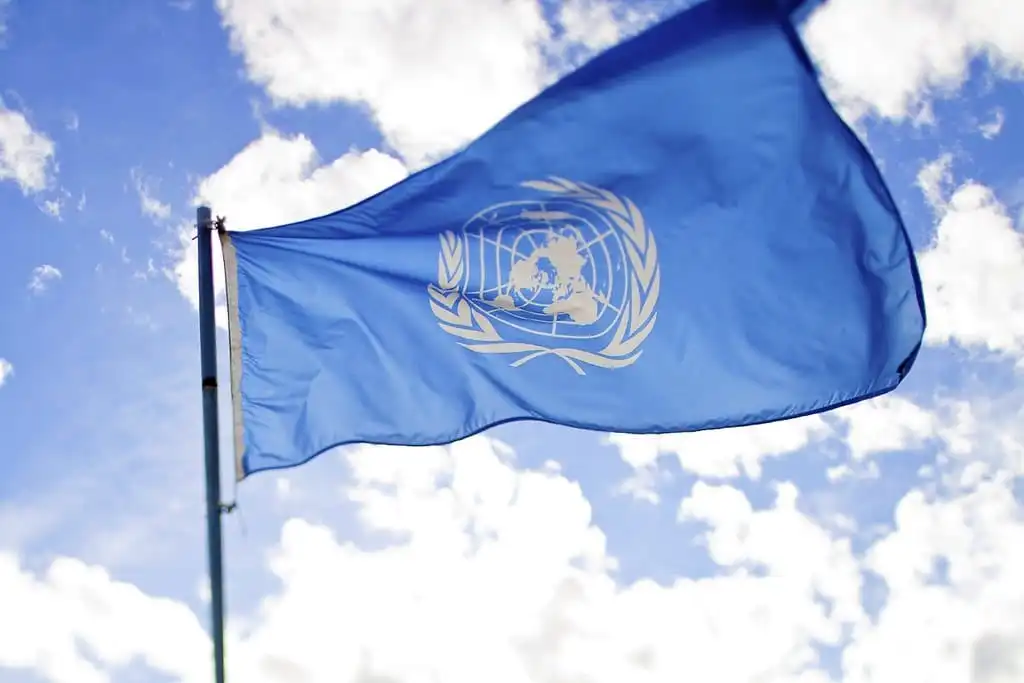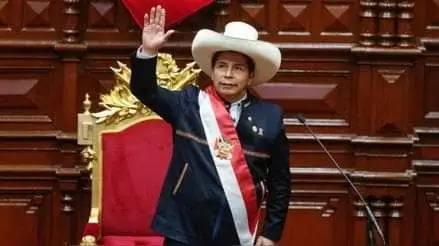“It is not just the virus which is killing people”
South Africa has officially entered the second wave of the Covid-19 virus with a new variant termed “501.V2 Variant”, which is spreading like wildfire. Authorities affirm that the virus is spreading more amongst young people during this second wave and four provinces in the country are leading in terms of the number of infections. As the Young Communist League of South Africa [uFasimba], we are more concerned that the realities attached to this virus are not receiving the necessary attention by the authorities, which will ultimately result in a country fighting a losing battle.
Social behavior and economic injustices are huge contributors to the spread of the virus and make the virus more dangerous than the virus alone. Additionally, government decisions through the National Coronavirus Command Council, some of which are extremely questionable, ignore the reality of the situation which South Africa currently finds itself. The virus alone cannot cause a second wave if correct decisions are taken and the calamities relating to the socio-economic situation are given proper recognition.
We are calling for an urgent revision of the interventions (which include regulations and social relief packages) which will appreciate the economic, social and health situation that is currently confronting South Africa.
EXPLAINING THE SITUATION
Regulations released by the government encourage South Africans and tourists not to travel unnecessarily, which is a necessary precaution, yet ignores the fact that the South African spatial apartheid landscape has placed economic opportunities in economic hubs (cities and towns) and the neoliberal framework continues to nurse this insanity which forces the working poor to populate cities. During the festive season the capitalist economy allows the working class to return home and reimburse their annual labor with an incentive enough to only allow the working class to return to cities early in the following year. This means that traveling is a basic condition placed by the capitalist economy on the working class during the festive season.
As we are battling the second wave, with a new variant (“501.V2 Variant”), of which the imperialist hubs claim it is a South African virus, those in rural areas are likely to return to economic hubs shortly after we mark the new year. The current situation is more likely to worsen, and the current interventions are likely not to mitigate the situation.
During the first wave, those with chronic diseases were hugely impacted by the virus. However, the main challenge that the government ignored is the health crisis was not as a result of the pandemic. In reality, the two-tier health care system which relies upon socio-economic inequalities presented the challenge. Insufficient medical practitioners in public health care facilities which services the majority of the South African population (about 2/3 of the population) has resulted in inadequate treatment of chronic diseases and by the time the pandemic confronted the health care system, South Africa could not manage the virus. South Africa would have been in a better situation had the National Health Insurance been implemented and enforced through legislation.
Without attempting to speculating on the new variant, possibilities are that mutations might have occurred as a result of capital’s disregard of the environment, and possibly emanating from the decisions of the National Coronavirus Command Council which might have lacked adequate information in terms of opening certain sectors of the economy.
The economic injustices in our society contribute to the spread of the virus. Students who were placed in rural areas during lockdown had to travel to towns and cities to access network coverage or broadband, which is also a path for a fast transmission of the virus. This situation is likely to persist merely because the telecommunications sector is focused on profit generation rather than investing in infrastructure development.
WHAT IS TO BE DONE?
As the working class returns to the economic hubs early in the coming year, the YCLSA calls for more testing rather than screening. Many South Africans have tested positive while recording temperatures that are considered normal through screening. We are calling on the National Treasury to put the lives of South Africans first and fund government initiatives which will ensure mass testing rather than screening.
Given the socio-economic situation that South Africa finds itself in, we are calling on government to implement the Universal Income Guarantee (known as the “Basic Income Grant) on a permanent basis to mitigate the exacerbation of the current crisis and future prospects of the same crisis.
The influence of the Democratic Alliance led Western Cape provincial government regarding public areas such as beaches and parks in the area should be condemned. The pedagogy of the Western Cape government is based on a pure irrational liberal hogwash. It is totally unscientific and unrealistic to claim beaches are safer because they are open areas while the transmission of the virus relies on people rather than open spaces.
We encourage South Africans, especially young people, to be responsible and adhere to all regulations. We also calling on the working class to unite against capitalist ethos which will compromise the lives of people as we are battling the pandemic.
Photo by Matt Seymour on Unsplash
